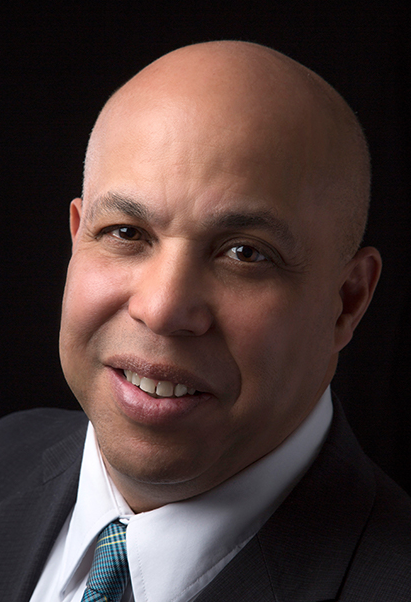
State: Ntl.
Duff: What COVID-19 Laid Bare: [2021-08-27]
I'm writing this post in scorching Saint Louis, where I am a visiting professor at Saint Louis University School of Law for the fall semester teaching workers' compensation and torts.

Michael C. Duff
It is always interesting to gain exposure to another state's workers' compensation law. And this is the first time I have ever taught these two subjects in the same semester.
That, too, is an interesting exercise. It has been quite awhile since I blogged, and I thought I would start out by introducing my forthcoming article in the San Diego Law Review, "What COVID-19 Laid Bare: Adventures in Workers’ Compensation Causation."
Here is the abstract:
This essay performs a close analysis of workers’ compensation coverage of COVID-19 and arrives at the conclusion that it should not be “impossible” to prove in a legal sense that an employee’s COVID-19 was caused by work. Scientific proof is not the same as legal proof: Workers’ compensation law has never required that claims must be supported by irrefutable scientific proof of workplace causation. Yet repeatedly one heard this suggestion during public discussion on workers’ compensation coverage of employees.
Still, there is good evidence that even when workers’ compensation undisputedly covers work-related disease, employers seldom pay benefits (and states do not compel them to do so). This is one reality that COVID laid bare: The workers’ compensation system rigidly resists paying occupational disease claims. The essay also explores a news account from Minnesota stating that nine hundred and thirty-five of nine hundred and thirty-five workers’ compensation COVID-19-related claims from meatpacking employees had not been paid as of February 2021. There was no shortage of other stories during the pandemic of mass denial of workers’ compensation claims in the meatpacking industry, a development having a disparate impact on communities of color, where more than half of all meatpacking employees are Latinx. These unpaid claim numbers suggest that something was “wrong” with causation analyses lower down in the administrative system.
Another truth COVID laid bare is that, aside from workers’ compensation, there is no nationwide short-term disability program in the United States. This leads to the conclusion that, if workers’ compensation insists upon super-strict versions of causation to cover claims, a different method of compensating short-term disability during pandemics or other “environmental” crises may become necessary. The conclusion seems almost inescapable because public health experts like Dr. Fauci are warning that we remain at risk for “new disease emergences” for the “foreseeable future.”
I'll be doing a lot of workers' compensation writing and research here at SLU Law, which is home to the Wefel Center for Employment Law and edits the ABA Journal of Labor & Employment Law. I'm feeling very much in my element.
Michael C. Duff is a professor of law at the University of Wyoming College of Law. This entry is republished from the Workers' Compensation Law Professors blog, with permission.